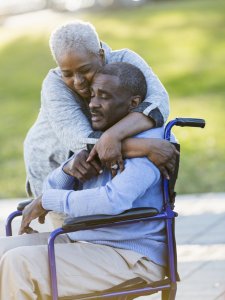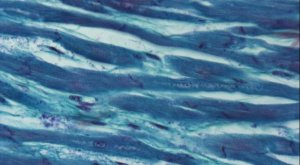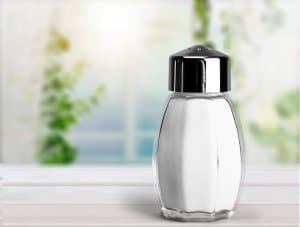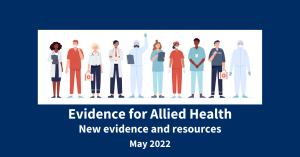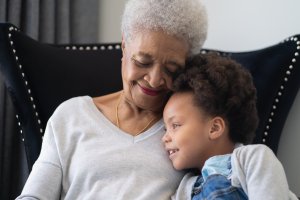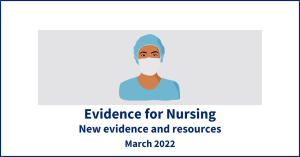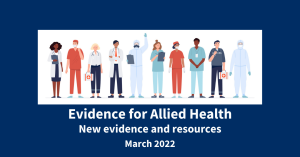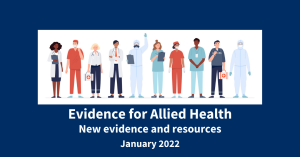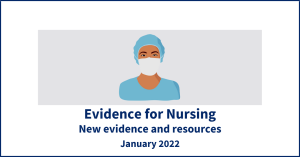On this page, you can find our blogs about different aspects of stroke. Many of them include research evidence and also reflections from people affected by stroke themselves, health professionals involved in the care of people with stroke and stroke researchers. There are also links to helpful resources.
Tag: stroke
Stroke survivors: measuring what is important in speech recovery
Stephen Taylor, Joe Bugler, and Annette Dancer are three stroke survivors affected by dysarthria (unclear speech). They are also members of HEARD (Healing, Empowered And Recovering from Dysarthria), a patient involvement group which has helped to shape research to identify the things that matter most in speech recovery after stroke. In this blog, they tell us more.
Static splinting after stroke: evidence and practice
Sarah Chapman revisits a blog by occupational therapist Danny Minkow on static splinting for people after stroke, adding recent evidence and guidance.
Giving information after stroke: what’s helpful?
A doctor and a stroke survivor reflect on the Cochrane evidence about giving people information after stroke and on their own experiences.
Salt substitutes vs. regular salt: a quick look
A look at the evidence on using low-sodium salt substitutes instead of regular salt. Can salt substitutes reduce blood pressure and prevent heart attacks, and are there any risks?
Music therapies: what’s the evidence?
Cochrane UK's Sarah Chapman revisits her 2014 blog on music therapies to share new Cochrane evidence.
Evidence for Allied Health: new evidence and resources – May 2022
The latest evidence and resources for allied health professionals and clinical support staff, and a chance to help us improve these blogs.
Stroke: advances in treatment offer hope for patients
In a blog for people interested in stroke treatment, James Garrard, Specialist Registrar in Stroke and Geriatric Medicine, reflects on his experience as a doctor working in a stroke centre and looks at the latest evidence and some game-changing developments in treatments for some stroke patients.
Evidence for Nursing: new evidence and resources – March 2022
The latest evidence and resources for nurses and clinical support staff.
Evidence for Allied Health: new evidence and resources – March 2022
The latest evidence and resources for allied health professionals and clinical support staff.
Evidence for Allied Health: new evidence and resources – January 2022
The latest evidence and resources for allied health professionals and clinical support staff.
Evidence for Nursing: new evidence and resources – January 2022
The latest evidence and resources for nurses and clinical support staff.

